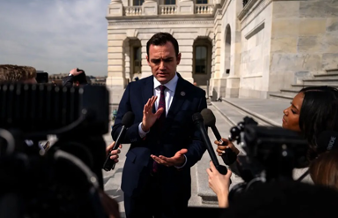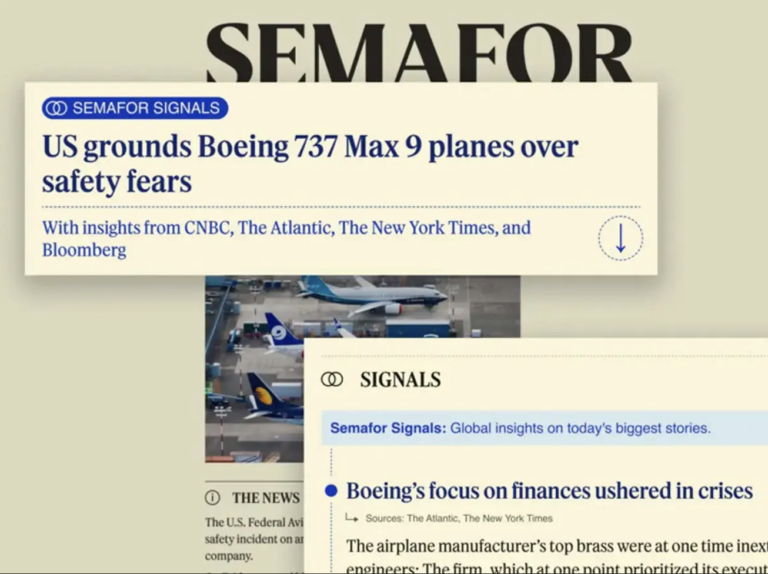The Network of Professional Associations of Journalists reminds that "clickbait" is a breach of the code of ethics
By Laboratorio de Periodismo Editor
The Network of Professional Associations of Journalists of Spain has expressed its rejection of the use of 'clickbait' in the digital media, a practice that has been gaining ground in today's media landscape.
Clickbait', translated into Spanish as 'cibercebo', consists of the creation of eye-catching and sensationalist headlines with the main purpose of attracting clicks, often without adequately reflecting the content of the article or news item. This technique not only goes against the code of ethics of the journalistic profession, they remind us, but also enhances sensationalism, thus becoming a facilitator of disinformation. It also misleads the audience with the intention of boosting web traffic and potentially increasing advertising revenue.
The Network of Professional Journalists' Associations has raised the need to consider alternative criteria to measure the quality and impact of news, avoiding relying solely on the number of clicks to determine the value of a piece of content.
Good journalism demands that headlines be accurate and accurately reflect the content of the news story, especially considering that many users only read these headlines. However, a study carried out by the University of Santiago de Compostela and published in the Revista Latina de Comunicación Social, entitled "El uso del clickbait en cibermedios de los 28 países de la Unión Europea", reveals that most of the headlines examined do not meet basic journalistic standards.
According to the study, these headlines do not adequately answer the fundamental questions of journalism, are often meaningless and prioritize sensationalism over objective and relevant information.
Faced with this situation, the Network of Professional Associations of Journalists calls for a deep reflection on current journalistic practices and appeals to digital media and journalism professionals to prioritize truthfulness, accuracy and rigor in their content, avoiding the temptation of misleading and sensationalist headlines.






